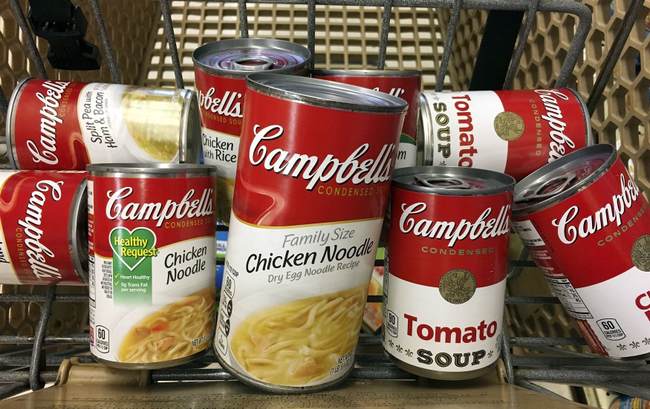
Albertsons, the second-largest grocery chain in America, has notified suppliers that they will be impacted by the new tariffs under the Trump administration. In a recent letter, the company made it clear that it does not consider this issue its responsibility.
“With few exceptions, we are not accepting cost increases due to tariffs,” the letter read (emphasis in the original).
The letter explained that the grocer’s policy is aimed at preserving the value propositions that their customers expect. This essentially means that they are striving to keep grocery prices affordable and to ensure that customers remain loyal.
It continued:
According to the communication, suppliers are explicitly instructed not to add any costs related to the tariffs on their invoices unless they have received prior approval from Albertsons Companies. Invoices that do include such charges without the necessary authorization will be contested and could lead to payment delays.
You may have noticed that Albertsons used the phrase “with few exceptions.” What does a supplier need to do if they think their products fall into that category?
[Any] suppliers hit by tariffs will be forced to go through a multistep process to “request a cost change” for the goods they supply to Albertsons, starting with giving the company 90 days’ advance notice. They will need to fill out cost-change forms, offer “a detailed explanation of the tariff impact” and hand over supporting documents, such as tariff notices or import duty receipts.
Once all documents are submitted, the supplier will need to wait another 30 days for Albertsons to review. And even then, approval “is not guaranteed,” the letter said.
Ironically, this came to light because some progressive journal got its hands on the letter to the suppliers, and meant to make an example of Albertsons’ decision–to show how evil corporations are.
Dayen wrote in his article, “How the Trump Tariffs Assist Monopoly”:
“Grocery suppliers whose sourcing or manufacturing is overseas have clearly incurred costs on its products, but hardball like this would mean they would have to compensate for losses with other retailers.”

















